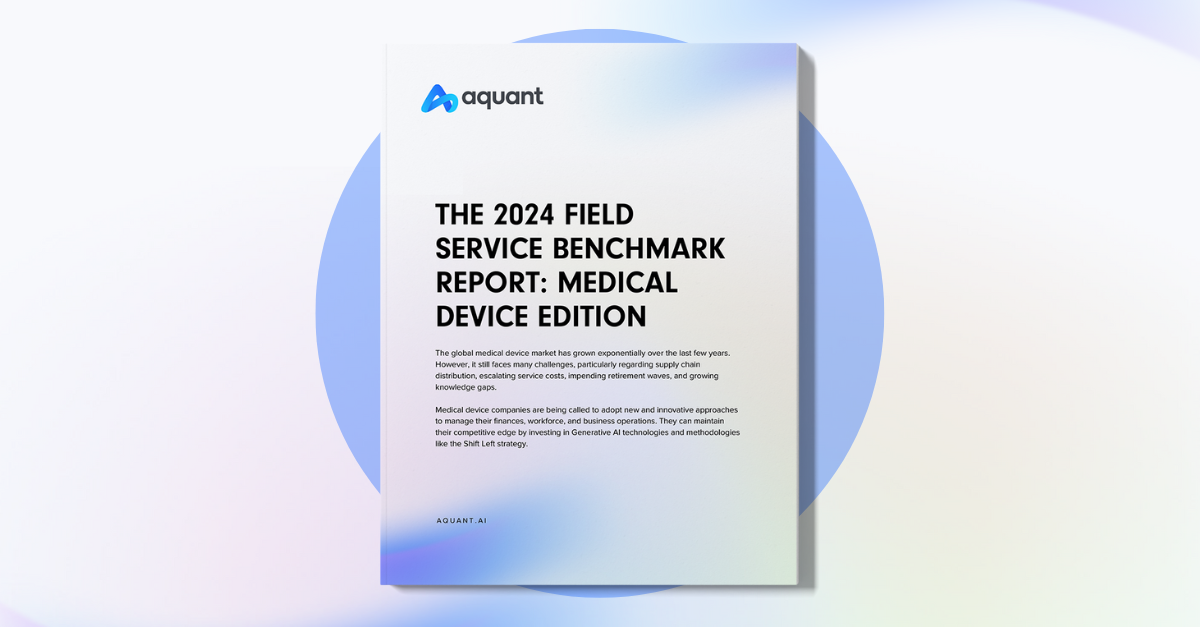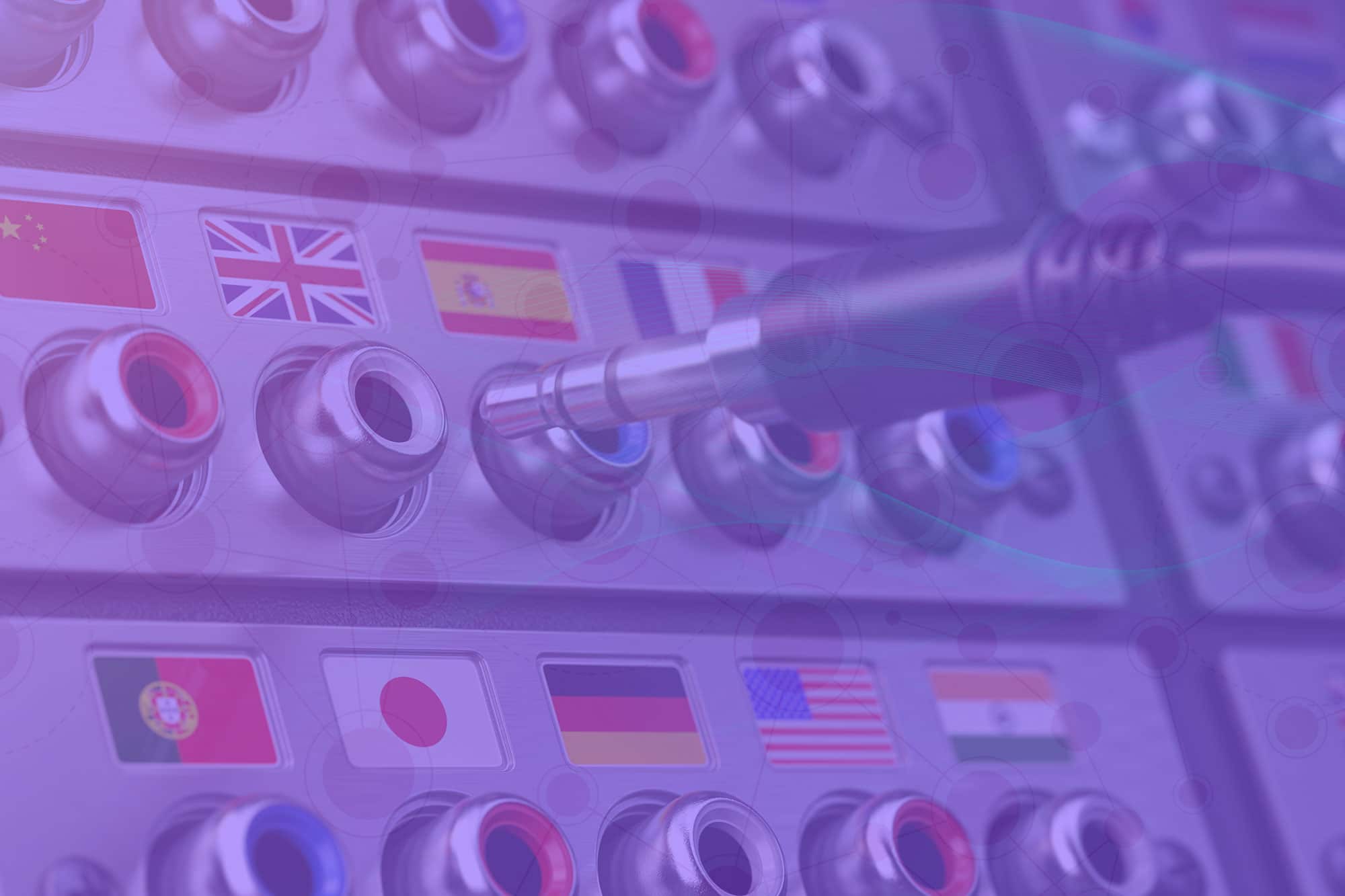Natural Language Processing and AI tools can help workers gain the collective experience of colleagues around the globe and ensure that vital information isn’t lost in translation.
Your global company has poured countless resources and hours into translation and localization of your internal documentation and customer-facing content. Even so, it’s likely that vital tribal knowledge got mistranslated. Failure to capture the insights of your global workforce leads to inconsistencies in how you deliver service across the markets you serve, impacting customer satisfaction and retention.
Here’s how to implement seamless knowledge transfer across your entire service organization, regardless of the languages spoken by your global team.
Knowledge Management Processes Need a Makeover
How to Train a Global Workforce
What does training look like when you have employees who range from 21 to 71 and speak a dozen different languages? For many global organizations, these training challenges are compounded by acquisitions of global companies that have their own best practices, cultures, and systems.
Stale manuals and out-of-date knowledge management approaches aren’t bridging these divides. Legacy KMS platforms contain old information that can’t be translated.
“65% of field service companies use outdated training methods like classrooms, lectures, and traditional media, even as the industry enters a technology revolution in the field.”
Advanced Natural Language Processing is Key
What if your most trusted techs in Toledo could train the field techs from your new branch in Beijing? They’d get up to speed quicker and perform better, but language and distance prevent it.
Natural Language Processing (NLP) technology breaks down those barriers. NLP derives meaning from free text — those valuable pieces of information in technician notes, customer tickets, and work orders that used to be impossible to assess and leverage. Advanced tools assess all of your data from various systems, and learn your company’s unique service vocabulary by analyzing common words and phrases used by employees and customers to describe service-related symptoms and solutions.
They then leverage that knowledge to extrapolate meaning from free-text notes. An AI platform can make that knowledge accessible to your team in multiple languages. So now, the hidden nuggets of knowledge from your Toledo techs can guide the approaches of your Beijing team — and vice versa.
Offer AI-Based Predictions for Service challenges
To ensure consistent service delivery across geographies, you must do more than interpret data — you need to make it actionable for your team. Invest in a technology that makes tailored recommendations for resolving every service issue, based on the knowledge uncovered by NLP. Your contact center and field teams can be guided through the resolution of each customer issue, based on your organization’s collective experience from across the globe. The algorithms learn from what works overtime, and factor in the subtle differences in culture and environment that might impact solutions to problems.
For Example: if there is a history of humid weather affecting the gears in a certain type of equipment, the system can prompt your techs located in tropical regions to ascertain whether gears are sticking when diagnosing client issues.
An AI-based approach to global knowledge transfer can alleviate the growing pains of scaling a multinational service team. Your entire global team can perform at the level of your seasoned experts, driving positive customer experiences across markets.
Contact Aquant to see how our tools use natural language processing to propel service businesses into the future.
Recent Posts
-

AI and Shift Left Will Propel Success in Medical Device Service, Says New Aquant Report
Read More »March 05, 2024 Janice Camacho









